Police arrest over 60 suspects across Turkey over Gulen network affiliation
Turkish police forces have arrested at least 61 people across the country on suspicion of affiliation to a movement led by the US-based opposition cleric Fethullah Gulen, whom the Ankara government accuses of having masterminded the July 2016 coup attempt against President Recep Tayyip Erdogan.
Security sources, speaking on condition of anonymity, said on Friday that 30 people were arrested in the capital Ankara after the Chief Public Prosecutor’s Office issued arrest warrants for 43 suspects.
Another 20 suspects were arrested after the Chief Public Prosecutor's Office in Istanbul issued arrest warrants for 38 people over suspected affiliation to Gulen network.
The sources said that 18 of the suspects are on-duty soldiers, while the remaining two are cadets.
Furthermore, eleven on-duty soldiers were arrested as part of probe into Gulenists’ infiltration into Turkish military.
Separately, an Istanbul court has handed down aggravated life imprisonment to eight defendants for their role in the failed July 2016 coup attempt.
Defendants were among 90 soldiers, who tried to take over Istanbul province during the botched putsch.
During the failed coup attempt, a faction of the Turkish military declared that it had seized control of the country and the government of Erdogan was no more in charge. The attempt was, however, suppressed a few hours later.
Ankara has since accused Gulen of having orchestrated the coup. The opposition figure is also accused of being behind a long-running campaign to topple the government via infiltrating the country’s institutions, particularly the army, police and the judiciary.

Gulen has denounced the “despicable putsch” and reiterated that he had no role in it.
“Accusations against me related to the coup attempt are baseless and politically-motivated slanders,” he said in a statement.
The 77-year-old cleric has also called on Ankara to end its “witch hunt” of his followers, a move he says is aimed at “weeding out anyone it deems disloyal to President Erdogan and his regime.”
Turkish officials have frequently called on their US counterparts to extradite Gulen, but their demands have not been taken heed of.
Turkey, which remains in a state of emergency since the coup, has been engaged in suppressing the media and opposition groups suspected to have played a role in the failed coup.
Tens of thousands of people have been arrested in Turkey on suspicion of having links to Gulen and the failed coup. More than 110,000 others, including military staff, civil servants and journalists, have been sacked or suspended from work over the same accusations.
The international community and rights groups have been highly critical of the Turkish president over the massive dismissals and the crackdown.
VIDEO | 85% of Yemeni displaced people face daily hunger crisis
US House passes bill targeting charities and pro-Palestine groups
VIDEO | Supporting Gaza genocide
Hezbollah attacks Israeli forces after Lebanese homes blown up
World leaders, states hail ICC arrest warrants for Netanyahu, Gallant
MP: US accountable for possible Israeli 'foolishness' to attack Iraq
VIDEO | Israeli policies strangle Palestinian agriculture, economy
Iran's president offers condolences to Pakistan over terrorist attack




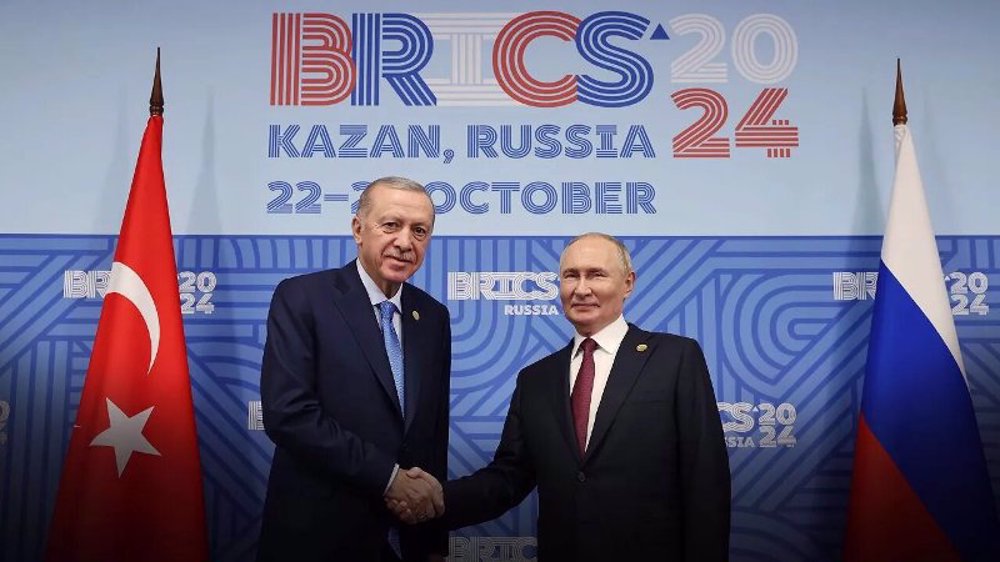
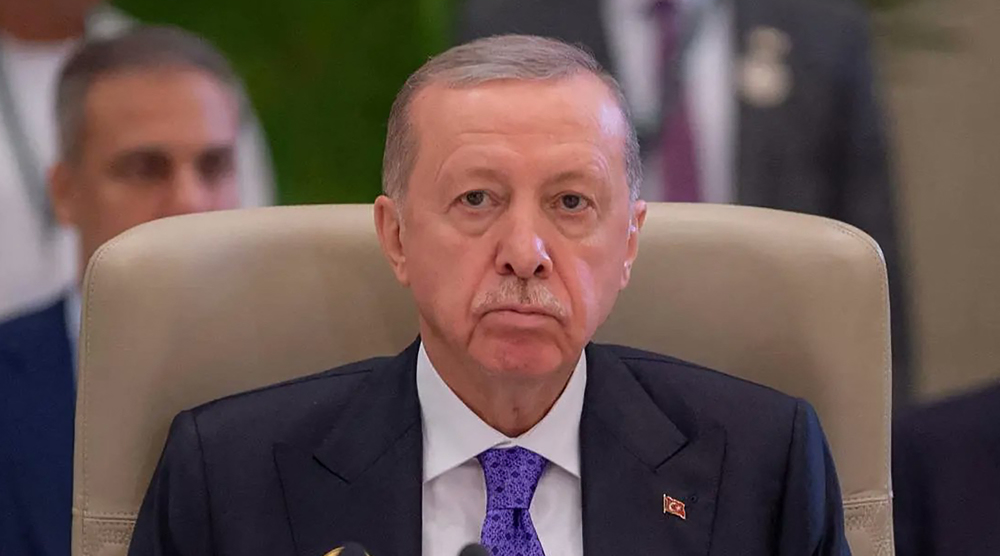




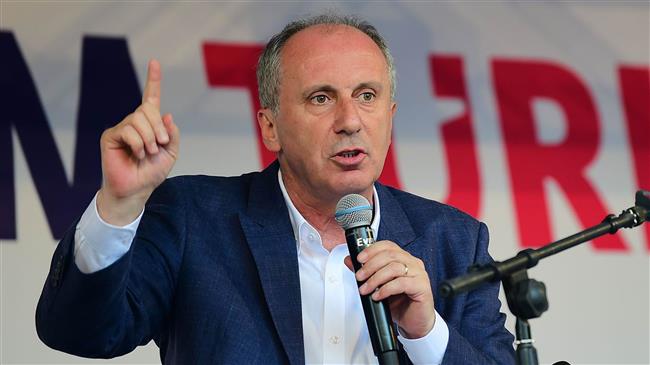

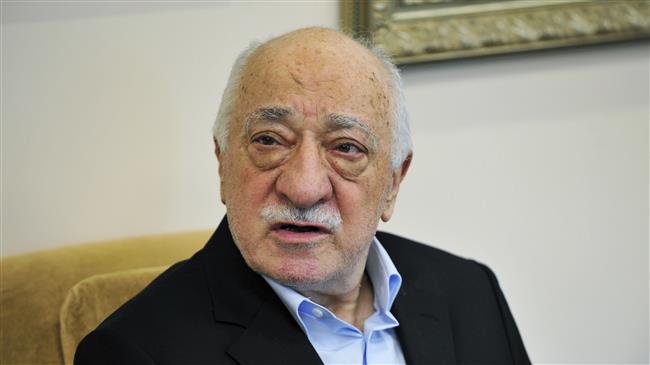

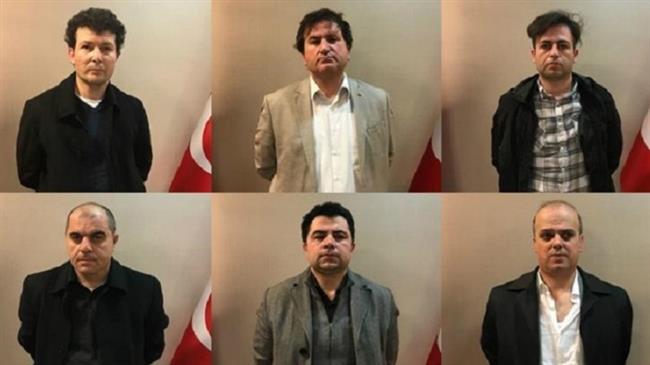


 This makes it easy to access the Press TV website
This makes it easy to access the Press TV website